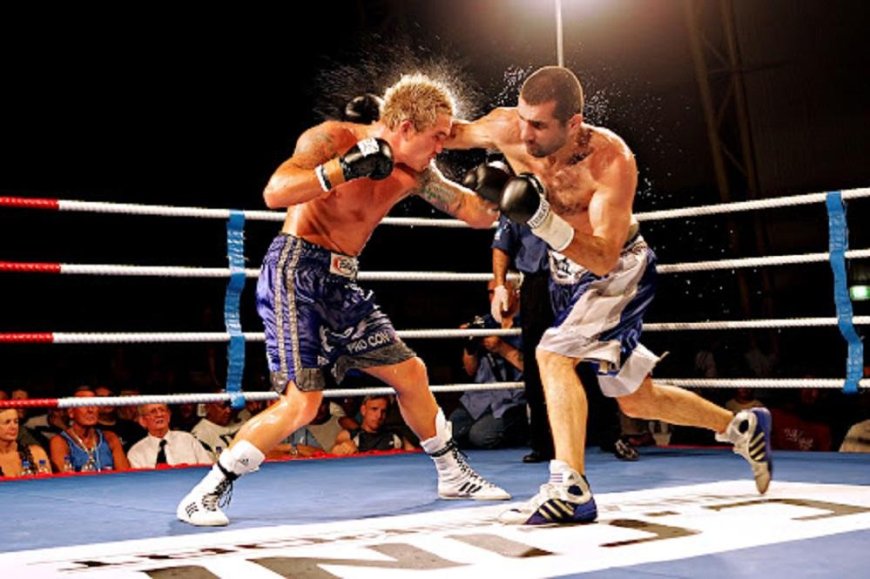Civil liability and risk in sport
or special situations, participants should be required to be civil liability . When can this happen and what should an athlete do?

In some cases, during sports events or special situations, participants should be required to be civil liability . When can this happen and what should an athlete do?
Liability in sport is still quite a complicated concept. Playing any sport involves voluntarily accepting certain risks, such as being injured during a competition.
This is obviously a very important aspect to consider. But you can also harm other athletes, and perhaps it will involve compensation on your part.
So when is it necessary to take responsibility for damage caused to third parties in the sports environment? Who are the third parties? Are they just athletes, amateurs or event organizers?
Civil liability and risk in sport
In practice, the concept of civil liability refers to the possibility of legally incriminating a person for the consequences of his actions towards a third party.
Basically, each person must take responsibility for their own actions and make good any physical and moral damage caused directly or indirectly to others.
Liability applies to everyone who has rights and obligations. This means people who are able to recognize and accept the consequences of acting freely. Therefore, people who meet the conditions of non-responsibility cannot be accused.
When does it apply?
Your actions as an athlete during a competition or match that comply with the ethical and unethical rules of the sport may not be subject to civil liability.
For example, a boxer may not be charged with knocking out an opponent, as long as it is in accordance with the rules. Especially since both athletes accepted the possible risks associated with practicing this sport.
But it is different when the person causing the harm violates the rules of the sport. Especially when her behavior is not ethical in terms of the spirit of the game.
In other words, liability in sport exists when the usual sporting risk does not cause injury to third parties. In fact, in order to be applied, the damage must be the result of carelessness, negligence, or willful misconduct.
Must Read: TECNO to launch its first-ever Gimbal phone in Pakistan
By following the boxing example, an athlete may be held liable for any harm caused by him when he hits an opponent in forbidden areas of the body. And by committing general violations of sports ethics. A very famous example was the case of Mike Tyson who bit off a piece of Evander Holyfield's ear.
In addition, in sports with moderators or guides, such as hiking, there is usually a contractual obligation that must be signed before practicing the sport.
Basically, the professionals who train with you undertake not to be careless or careless. They also agree not to use their knowledge to harm others.
Civil liability: organizers of sporting events
This applies not only to athletes and coaches: sport event organizers also have civic obligations and responsibilities when it comes to their professional activities.
The clearest example of this is their duty to ensure the safety of both the athletes and the technical team. Amateurs and fans who attend the events must also be safe.
In general, it is their responsibility as organizers to ensure that the facilities allow sports to be played in a safe environment, thus avoiding harm to participants. Failure to comply with liability may lead to an obligation to pay for damages or the payment of compensation.
However, there are a few exceptions. For example, where another person causes damage during an incident and neither the staff nor the conditions have anything to do with it.
Finally, compensation or repair does not apply to liability if there is evidence that a third party caused the incident intentionally.
